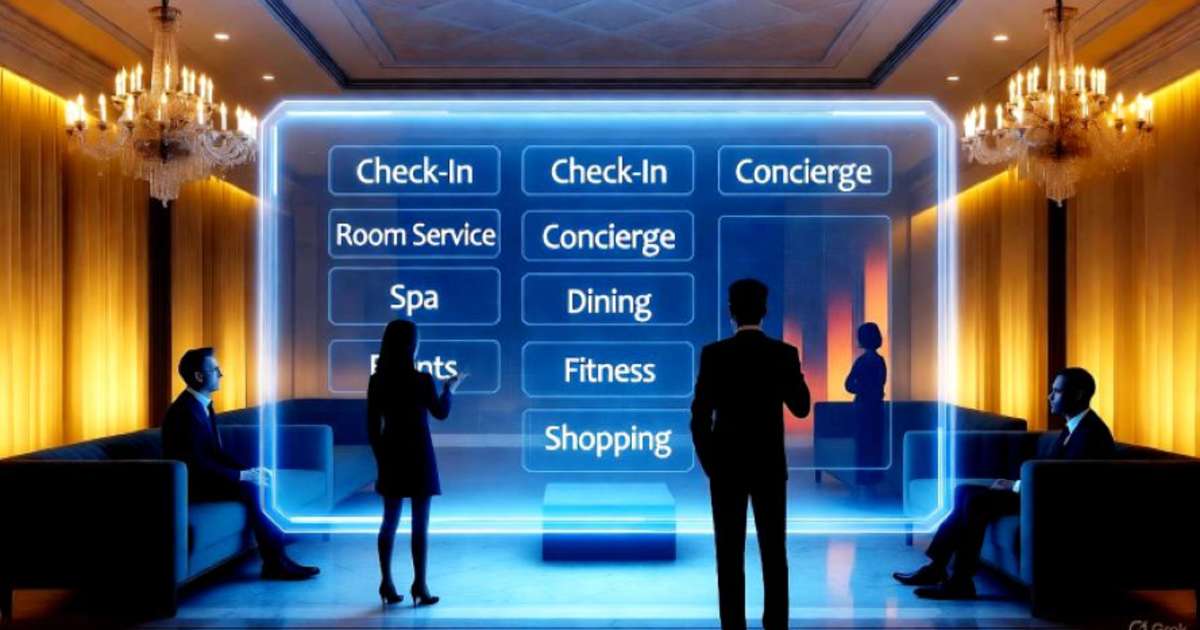![]()

In luxury spas, guests expect exquisite service and nothing less than perfection. Spas are places of relaxation and indulgence, and when something disrupts that — whether it’s a scheduling issue, a perceived lack of attentiveness, or an unexpected outcome — guests may react emotionally. Recognizing and effectively addressing these responses is key to maintaining a positive guest experience.
The customer mindset: expectation vs. reality
Luxury customers can sometimes be high maintenance, and despite one’s best efforts, even minor inconveniences may feel amplified in an environment meant for indulgence. Understanding common emotional triggers for dissatisfaction can help staff anticipate and defuse potential conflicts. These triggers include:
- Unmet expectations (e.g., a treatment that does not meet a guest’s perceived value)
- Feeling undervalued or ignored
- External stressors carried into the spa experience
- Perceived inefficiency or disorganization
Psychological techniques for de-escalation
When faced with a difficult customer, spa staff can use psychological strategies to de-escalate conflicts and steer conversations toward a positive resolution. These include:
Mirroring & validating — It’s said that one of the most effective ways to diffuse tension is to mirror a guest’s concerns in a neutral manner. Repeating their concerns back to them, without defensiveness, signals that they are being heard.
Tactical empathy — Using empathetic phrases can help calm an upset guest and show them that their feelings are acknowledged. Phrases like, I completely understand why that would be frustrating and I see why that would be disappointing. Let’s work on a solution together, may help calm things down.
Redirecting focus — Shifting the guest’s focus from the problem to a solution helps move the conversation forward so they don’t get stuck in a negative loop. Offering a choice or an alternative can reframe the interaction from frustration to resolution — I’d love to make this up to you. Would you prefer a complimentary add-on treatment or a discount on your next visit?
The power of body language and tone
Non-verbal communication plays a crucial role in customer interactions. Even the most well-intentioned words can be undermined by closed body language or a tense tone of voice.
Key non-verbal techniques include maintaining an open, relaxed posture, and using small gestures to show engagement. Speaking in a calm, measured tone reinforces reassurance, and helps you remain calm even if the guest is being extra unreasonable and you’re about to lose your own temper.
Empower your team to make decisions and handle conflict
Investing in customer service training ensures that spa staff can handle difficult situations with professionalism and confidence.
Also key is never to throw your staff members under the bus to keep customers happy. It’s a lot more difficult to replace a talented service provider than it is to replace a customer. Your people need to know that you have their backs. So, if need be, get their side of the story out of the guest’s earshot and then remove them from the situation.
Knowing when to go the extra mile (and when to let go)
While most guest complaints can be resolved through empathy and problem-solving, some situations may require different approaches. If a guest consistently exhibits unreasonable or abusive behavior, it may be necessary to establish boundaries and, in extreme cases, refuse service.
Conversely, going the extra mile for an upset guest, when appropriate, can turn a negative experience into a loyal customer relationship. Small gestures of goodwill, such as a personalized apology or an unexpected perk, can leave a lasting positive impression and turn a detractor into a promoter.
Managing high maintenance guests requires understanding human emotions and responding with tact. By equipping staff with the psychological tools to navigate challenging interactions, spas can maintain a serene and welcoming environment for all guests.
Seamless guest management through technology
Even the most skilled staff can only do so much without the right tools. A well-designed system for logging guest preferences, tracking service history, and flagging potential concerns can make all the difference in effectively handling high-maintenance guests. Book4Time, powered by Agilysys, enables spas to centralize guest information, ensuring that every team member has access to relevant details in real time.
From noting past complaints to recording preferred therapists, treatment pressure preferences, and special requests, this level of insight allows staff to anticipate needs, personalize experiences, and proactively manage expectations. The result is a smoother, more refined service that reduces conflict before it even arises, helping luxury spas maintain the impeccable standards their guests expect.
Spa Executive is published by Book4Time, the leader in guest management, revenue and mobile solutions for the most exclusive spas, hotels, and resorts around the globe. Now part of Agilysys. Learn more at book4time.com.
About Agilysys
Agilysys exclusively delivers state-of-the-art software solutions and services that help organizations achieve High Return Hospitality™ by maximizing Return on Experience (ROE) through interactions that make “personal” profitable. Customers around the world use Agilysys Property Management Systems (PMS), Point-of-Sale (POS) solutions, Food & Beverage Inventory and Procurement (I&P) systems and accompanying hospitality ecosystem solutions to consistently delight guests, retain staff and grow margins. The Agilysys 100% hospitality customer base includes branded and independent hotels; multi-amenity resorts; casinos; property, hotel and resort management companies; cruise lines; corporate dining providers; higher education campus dining providers; food service management companies; hospitals; lifestyle communities; senior living facilities; stadiums; and theme parks. www.agilysys.com
View source


